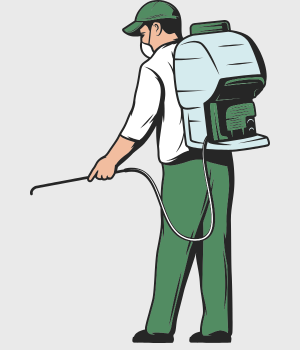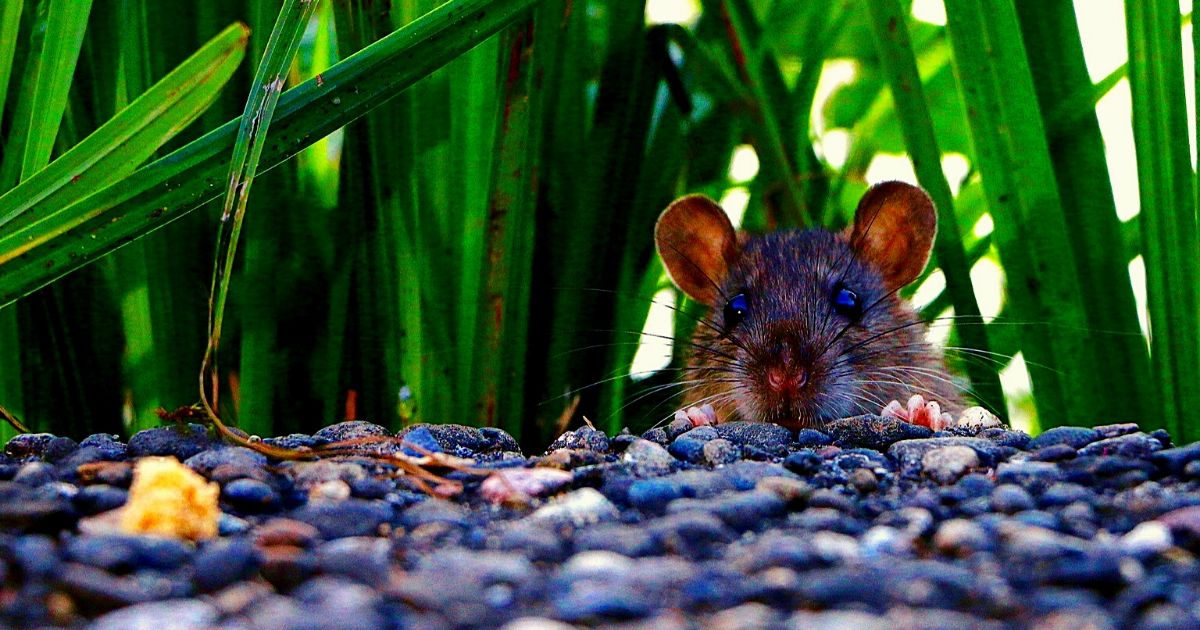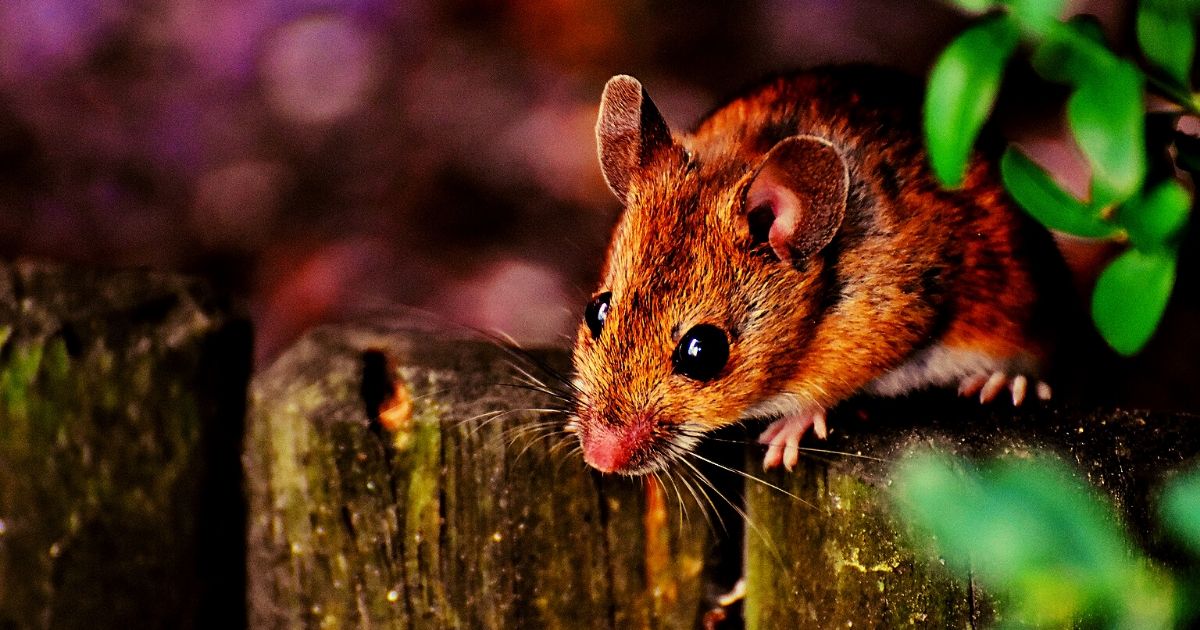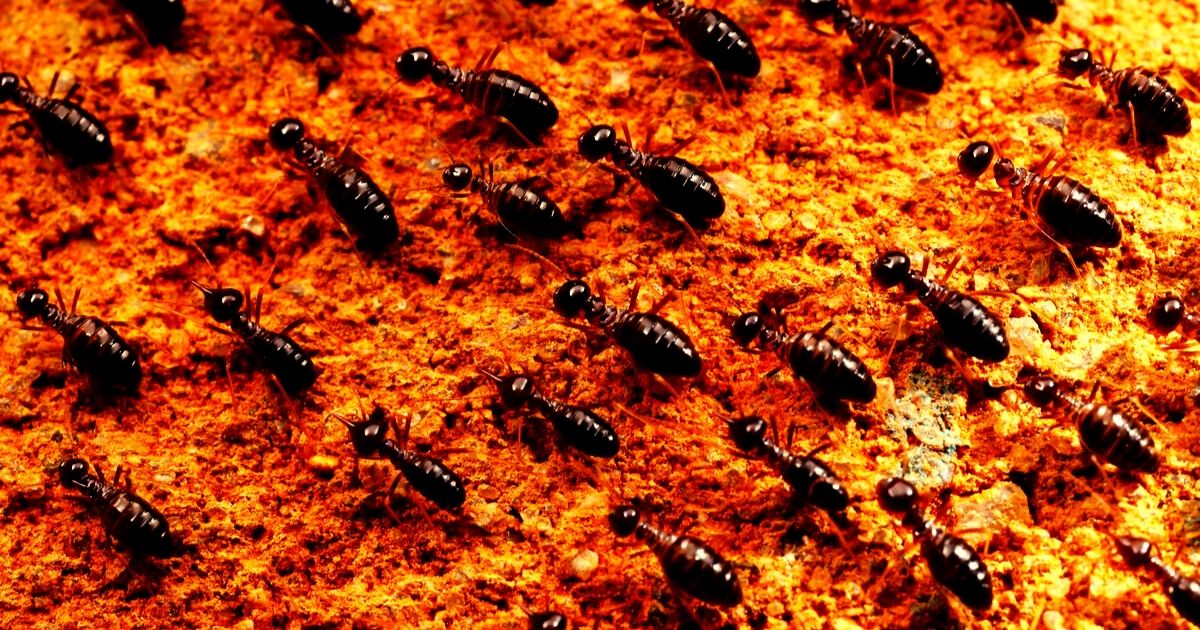What Kills Termites? Exploring Home Remedies

Termites can really damage your property if left unchecked. While professional termite treatments are effective, they can be costly and not always sustainable. If you are looking for an alternative treatment, home remedies for termites can be an option.
Do Home Remedies for Termites Work?
While professional pest control methods may be effective and reliable, home remedies can help manage some infestations and deter termites from returning. These DIY pest solutions most likely won’t be able to eradicate a large-scale termite infestation, but they can solve smaller problems and serve as preventive measure in the first place.
How to Kill Termites Naturally?
There are several natural alternatives that can help you get rid of termites without resorting to chemicals. Here are some solutions that can help protect your home from termites naturally:
Heat and Sunlight: Termites prefer moist places and don’t like extreme temperatures. If possible, expose termite-infested wood to direct sunlight and heat. This can help kill termites and dry out their habitat. This method is mostly applicable to the infested furniture and small wooden items.
Cardboard Traps: Create cardboard traps by wetting a couple of cardboard pieces and placing them near termite infested area on top of each other. Once termites infest the cardboard, remove and burn it to eliminate them – you might needs to repeat this a couple of times per day.
Essential Oils and Homemade Solutions: Certain essential oils and homemade solutions, like neem oil, boric acid or vinegar, have been known to repel termites. Mix them with water and spray them in termite-infested areas.
Regular Maintenance: The best way to prevent termite infestations is to maintain your home and property in good condition. Keep wood away from direct contact with the soil, fix leaks promptly, and reduce moisture which can attract termites.

Homemade Termite Repellents
A homemade termite repellent can help get rid and prevent these insects from invading your home. Here are some homemade termite repellents that can be effective:
- Diatomaceous earth. If you have termites in your walls, consider using a mixture of diatomaceous earth and water.
- Combine equal parts of water and white vinegar in a spray bottle and apply it to affected areas and entry points where termites may enter. The strong smell of vinegar can prevent termites from getting in.
- Neem oil. Mix neem oil with water and spray it on affected areas or areas prone to termite infestations. Neem oil affects the termites’ hormonal balance, causing them to stop eating and eventually die.
- Soapy water. Mix liquid dish soap with water and spray it directly on termites. The soap coats their bodies, suffocating them. However, this method is only a temporary solution, as it doesn’t address the entire colony.
- Orange Oil: Orange oil, also known as d-limonene, contains components that are toxic to termites upon contact. Drill small holes into termite-infested wood and inject orange oil into the holes to eliminate termites.

When to Call a Professional?
Home remedies for termites can be part of your pest control strategy, especially for prevention and small-scale infestations. However, it’s important to remember that they may not work for severe termite problems. If you suspect a significant infestation, it is best to consult with a professional pest control expert to assess the situation and determine the best course of action.
Author: Soleha Nisaa

Pest Problem? Let Us Help.
We offer fast and effective precision treatments to eliminate pests while ensuring a safe environment for your home or business.
Frequently Asked Questions
The best treatment for termites depends on the severity of the infestation and the type of termites. You might also want to combine several methods for better results.
Home remedies can be effective against some types of termites, e.g. subterranean termites. However, they may not be as successful against drywood or dampwood termites. You might want to contact Killem Pest for severe infestations or specific termite species.
While home remedies are generally considered safer than chemical pesticides, it’s important to keep these remedies out of reach of children and pets, and follow the instructions carefully.
Yes, some animals and insects are natural predators of termites, including ants, certain species of birds, and some parasitic nematodes. Introducing these natural predators to infested areas can help control termite populations to some extent.






